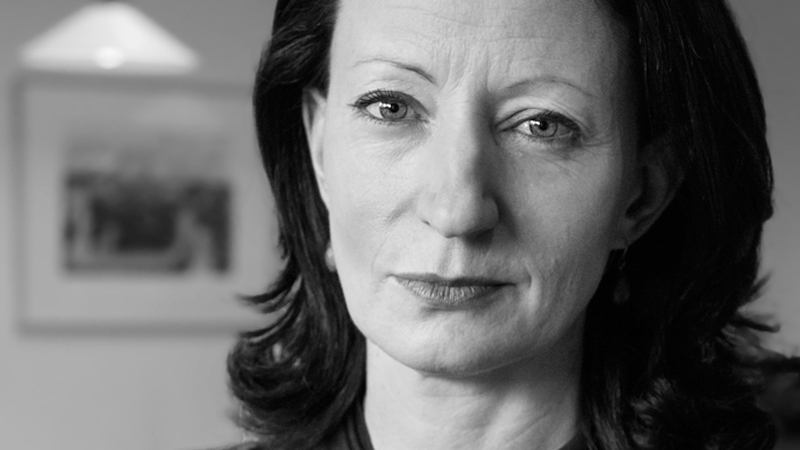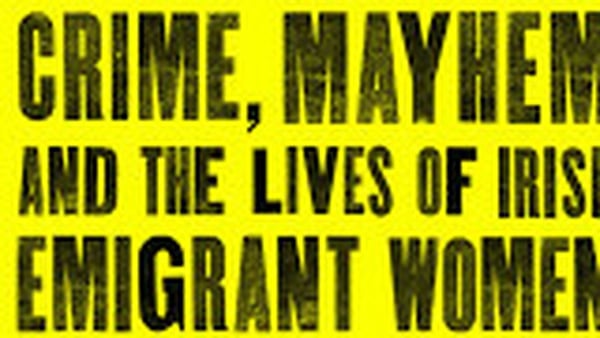The key idea for Kathleen MacMahon's latest novel, The Home Scar, came in the form of a real life storybook event.
When the author read about the reemergence of a "drowned" forest in Spiddal, Co Galway, it struck her as a fitting metaphor for family and the secrets that often come with one. Eight years later, she told The Independent, it would form the basis for her fourth novel.
MacMahon, whose debut This Is How It Ends established her as a coveted voice in Irish literature and whose latest, Nothing But Blue Sky, was longlisted for the Women’s Prize for Fiction, is already proven to be a gifted storyteller. What her latest novel asserts is a sympathy for the subtle experiences of homesickness, loss and re-connection.
It follows two half-siblings, Christo and Cassie, who are drawn together from opposite sides of the world after the discovery of similarly drowned trees. The trees, preserved with their curious swirled patterns intact, send the pair retracing a summer spent in Ireland, before their worlds were cleaved in two by the misadventures of their deceased self-destructive mother.
This journey takes place more than three years after their last meeting, one tainted with the pain of moving from childhood friends to adult acquaintances despite being related, which MacMahon explores deftly and touchingly.
By the time we meet them, the legacy of their mother’s shambolic lifestyle is written convincingly through the pair, defined as they are by how they differ. Through them, MacMahon crafts a compelling case study of the effects of grief, how it buries and reveals itself over time, distorting what came before.
Christo, a mathematics lecturer in Cambridge, appears at first to be an isolated figure. Shunned by his fellow dons, he finds joy in his quiet commute, and marvels at the ingenuity of the natural world. Despite losing contact with Cassie in many ways, he’s still easily overcome with tenderness for his little sister.
Cassie, meanwhile, a sculptor living in Mexico, is cold and cautious, loathe to let even her long-term partner know too much about her inner world or past. She sees herself as "a prickly thing. Something that thrived in arid conditions. It was everything she wanted to be".
So scarred is she by her upbringing that she refuses to have children, considering herself to be "a damaged person. The tragedy of her mother’s life was hardwired into her and there was no ridding herself of fit".
Their journey back to the seaside cottage they spent a summer is punctuated by disagreements over their childhood, peppered with moments of burning clarity and the pain of forgetting again.
This is fleshed out by MacMahon in how each sibling remembers their mother, with Christo thinking of her more "like a sibling" in how playful she was and Cassie still smarting from the sharp edges of her personality.
"She doesn’t mean it", she recalls explaining to the friends frightened by the force of her mother’s turns of phrase. "She only talks like that because she’s from Ireland."
The plot is slow to unfold, at times frustratingly so, with much focus placed on the emotional worlds of Christo and Cassie. However, once they arrive in Ireland the narrative blooms open beautifully, as they start to unpack what happened that summer that set them on a path to sorrow and loss.
Reunited with Seamus, the son of two family friends, Christo and Cassie find another soul stunted by the events of that summer. Having gotten his PhD in Ireland, the intellectually gifted Seamus returned home, spending his time with his uncles eating Knorr instant mashed potato and crumbled Hula Hoops on top.
"He found himself living the same day over and over", MacMahon writes.
In this sense, the novel is less a story about uncovering mysteries and more a reflection on the effects of grief and loss, and in particular its power to preserve hurt as well as joy. Staying in the same room her mother did in the summer cottage, Cassie is at one stage overwhelmed with "unbearable" empathy for her mother, and by extension herself.
"She could feel her mother’s terrible restlessness as if it were her own, and what she could not bear was the sympathy she felt for her."
MacMahon’s novel is full of minutely observed moments like these, from the discovery of a lost teddy bear to Seamus’s pain at having to reveal the reality of what happened that summer. Her exploration of connection, to each other and the ones we’ve lost, is also sensitively done and wrapped in the rich storytelling that has made her a notable name in Irish literature.

The Home Scar is published by Penguin


